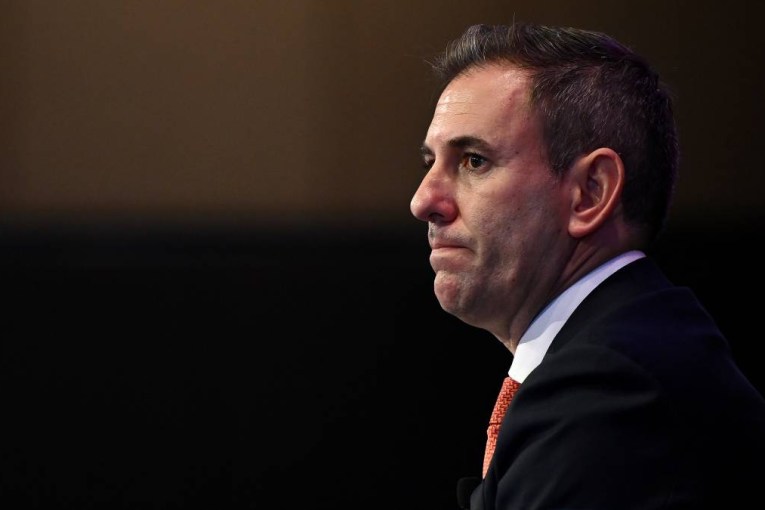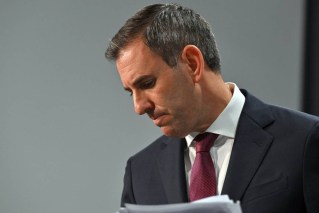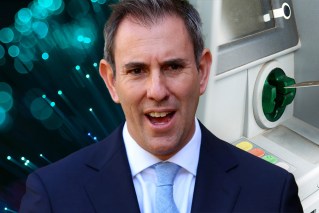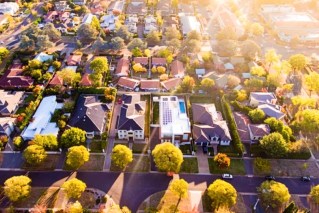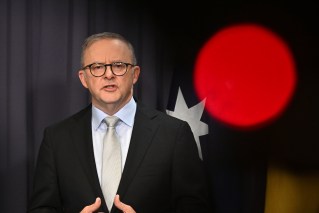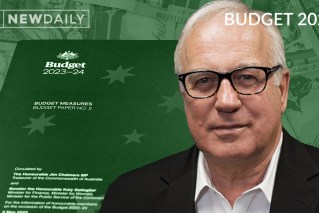Budget 2021: The policies the Treasurer will reveal on Tuesday night

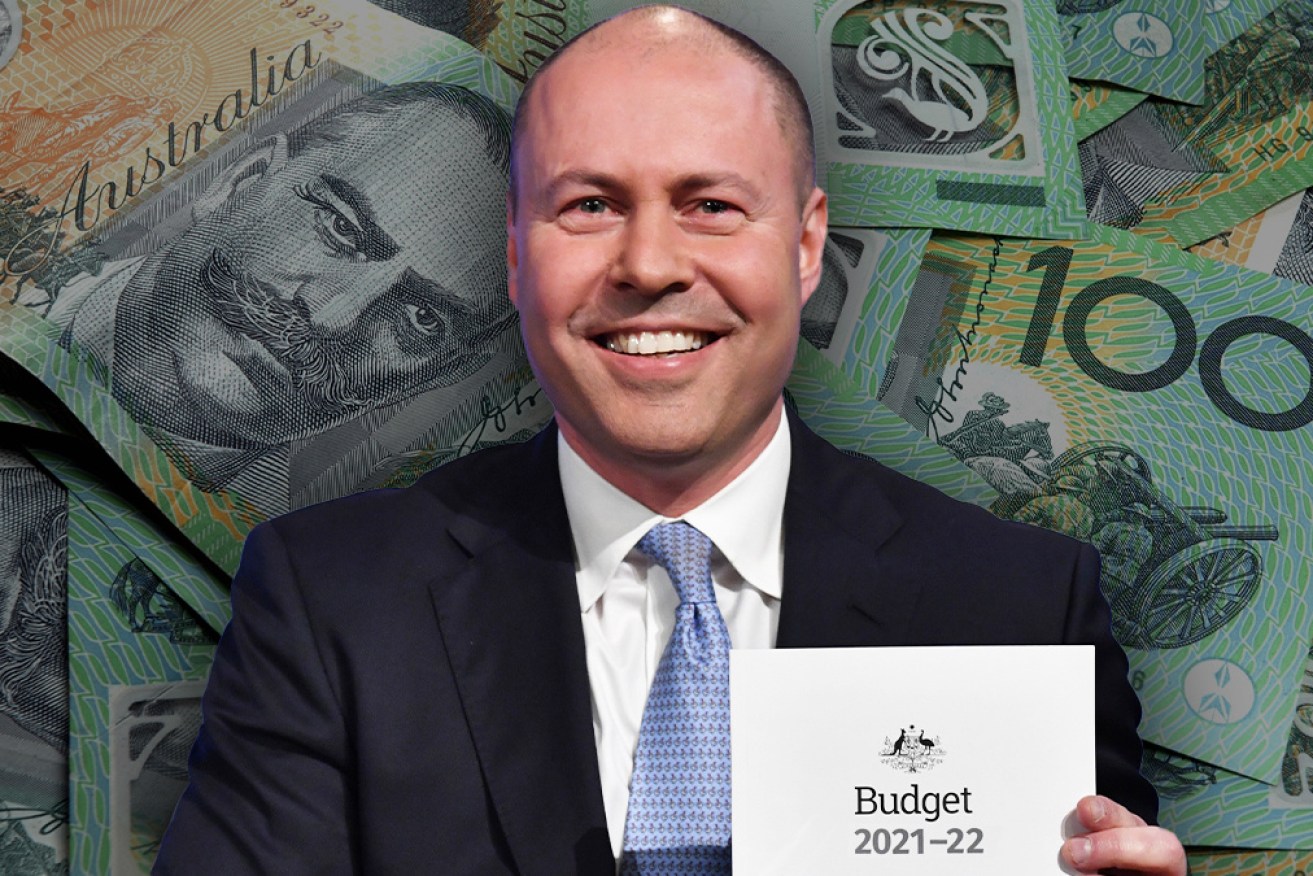
Treasurer Josh Frydenberg Photo: TND
A week’s a long time in politics. Especially before a federal budget.
Government ministers were out in force over the weekend to promote extra spending on women’s health and additional policies geared towards helping Australians break into the housing market.
Then we were told an extra $10 billion would be allocated towards road and rail projects, to be added to the government’s promised 10-year, $100 billion infrastructure spend.
That sounded suspiciously similar to the extra $10 billion they announced at the last budget.
But anyway … here’s what we know so far about Tuesday’s federal budget.
Tax cuts
The government is expected to extend for a further 12 months the low-and-middle-income tax offset known as ‘the lamington’.
Anyone earning between $37,000 and $126,000 a year will receive some benefit, with people earning between $48,001 and $90,000 to receive the full offset of $1080.
Housing
The government announced three housing policies on Saturday:
- The Family Home Guarantee, which will see the government underwrite loans for 10,000 single parents so they can buy homes with deposits of just 2 per cent
- An extra 100,000 places on the First Home Loan Deposit Scheme in 2020-21. The scheme, which the government is now calling the New Home Guarantee, gives loan guarantees to first-home buyers so they can buy homes with deposits as small as 5 per cent
- Increasing the maximum amount of voluntary contributions that Australians can release under the First Home Super Saver Scheme from $30,000 to $50,000.

Property prices are booming as a result of record-low interest rates.
Superannuation
News.com.au reported on Monday evening that the Treasurer would scrap the requirement for workers to earn at least $450 a month before their employers are obliged to pay super.
Hours earlier, The Australian Financial Review revealed that the budget would expand a scheme allowing retirees to make a one-off super contribution of up to $300,000 when they downsize and sell their principal place of residence.
The government will lower the scheme’s age requirement from 65 to 60 and also the abolish the work test that currently applies to contributions made by people aged 67 to 74.
Meanwhile, reports suggest the government will allow the superannuation guarantee to rise from 9.5 per cent to 12 as is currently legislated.
Other likely measures include introducing superannuation contributions during government-paid parental leave.
Women’s health
Economists criticised the government last year for delivering a blue budget for a pink recession – a mistake the Coalition is keen to avoid repeating.
This weekend it announced it would boost funding for cervical and breast cancer and endometriosis and reproductive health by $353.9 million over the next four years.
Domestic violence
Nine Newspapers reported on Sunday that the federal government would more than double funding for domestic violence prevention to at least $680 million.
Child care
For families with more than one child in care, the government will increase the maximum subsidy available for second and subsequent children in care from 85 per cent of costs to 95 per cent.
On top of this, families with household incomes above $189,390 will no longer have their annual payments capped at $10,560.
The changes are slated for introduction in July 2022, but Finance Minister Simon Birmingham told Nine Newspapers he would bring them forward if Labor supported the changes.

The government has announced changes to the Child Care Subsidy.
Aged care
The federal government says the budget will contain a comprehensive response to the aged-care royal commission. Reports suggests annual funding will be increased by $17.7 billion over four years – well short of the Grattan Institute’s recommendation of an extra $40 billion.
Discounted training
Tens of thousands of people will be offered free or low-fee courses under a 12-month extension to the government’s JobTrainer program.
The courses will be part-funded by savings from the $4 billion JobMaker scheme, which is facing the axe after failing to meet its job-creation targets.
Energy, digital skills and defence will also feature
Here’s a rundown of the other key measures that will make it into the budget:
- You may have heard “the drums of war” beating. The government has announced an extra $747 million for defence training facilities in the Northern Territory
- Elsewhere, the budget will include a $1.2 billion digital economy strategy that covers digital skills training, tax breaks for computer games developers, and funding for artificial intelligence. The investment also includes $200 million to enhance MyGov and $302 million for MyHealth digital records
- Money will be set aside for the construction of a gas-fired power station in New South Wales, in addition to $539.2 million to support carbon capture and develop four additional hydrogen hubs. Some incentives for miners are also likely, and the Northern Territory is set to receive $30 million for renewable energy projects
- When it comes to climate change, the government has said it will establish and award $600 million in initial funding to a National Recovery and Resilience Agency. Meanwhile, the Australian Climate Service will be set up at a cost of $210 million from July
- Private colleges struggling without international students have been thrown a $53 million lifeline. And we can also expect a major investment in skills
- A $250 million top-up is expected for the Building Better Regions Fund, which was linked to many rorts
- An extra $190 million over five years should flow towards projects aimed at developing and improving digital connectivity in northern Australia, while Western Australia will receive $1.3 billion for road and rail projects
- There’s also good news for booze: Small brewers and distillers will receive $255 million in tax relief
- Finally, Minister for Agriculture David Littleproud last week announced an extra $371 million would go towards keeping pests and deadly diseases out of Australian farms.

